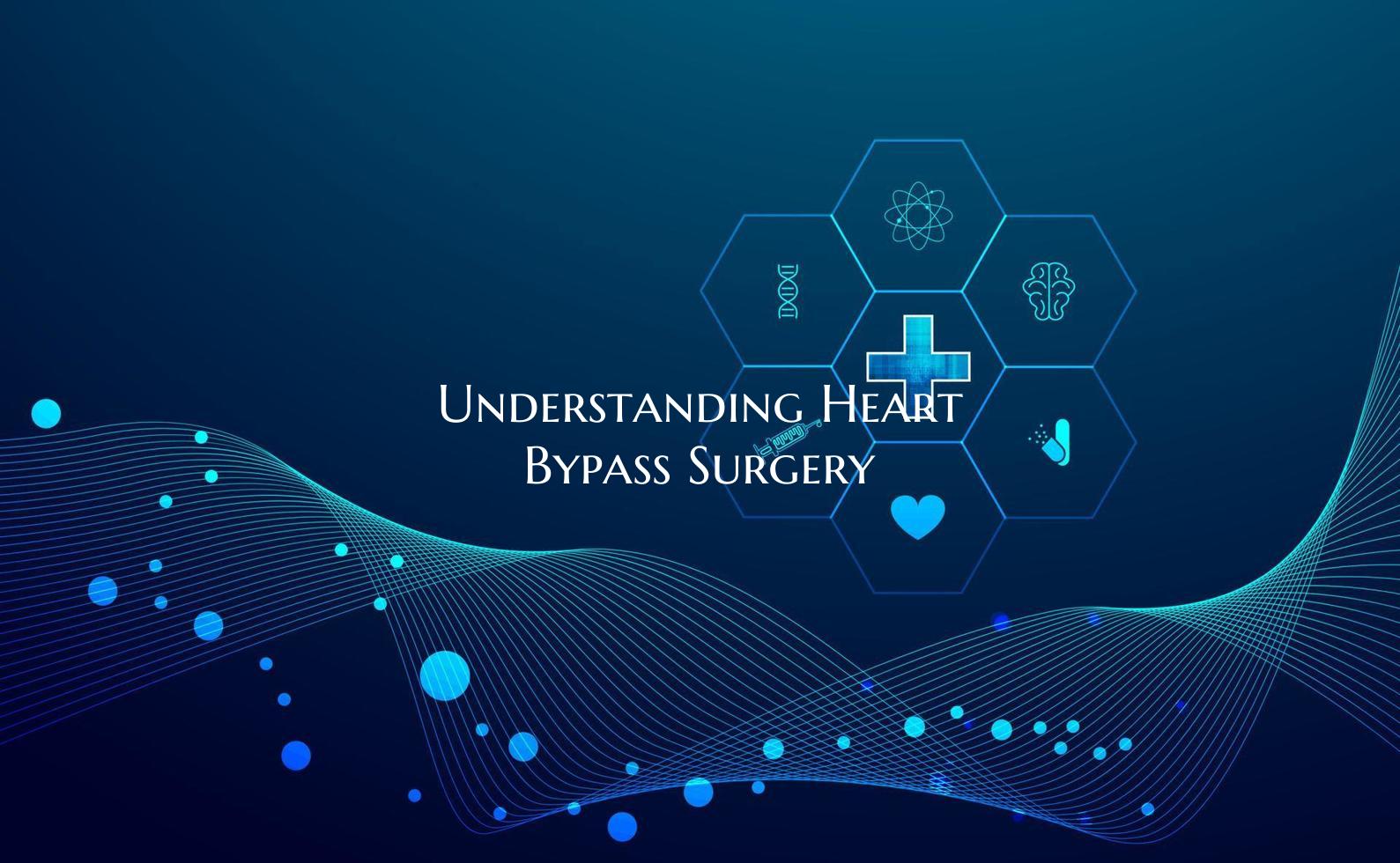
Understanding Heart Bypass Surgery
Heart bypass surgery, also known as coronary artery bypass grafting (CABG), is a common procedure used to improve blood flow to the heart. This surgical procedure is typically done when the blood vessels that supply the heart muscle with oxygen and nutrients become narrowed or blocked due to the buildup of plaque. Understanding heart bypass surgery is essential for patients who may be advised to undergo this procedure.
During heart bypass surgery, a cardiac surgeon creates a new pathway for blood to flow to the heart muscle by using a healthy blood vessel taken from another part of the body, such as the leg or chest. This allows blood to bypass the blocked or narrowed arteries, restoring proper blood flow to the heart.
Patients who may benefit from heart bypass surgery often experience symptoms such as chest pain (angina), shortness of breath, fatigue, or other signs of heart disease. Prior to undergoing surgery, patients will undergo a thorough evaluation to assess their overall health and the extent of coronary artery disease.
The surgery itself is performed under general anesthesia, and the patient's heart is temporarily stopped while a heart-lung bypass machine takes over the functions of the heart and lungs. The surgeon then creates the bypass grafts to reroute blood flow around the blocked arteries, ensuring that the heart receives an adequate supply of oxygen-rich blood.
Recovery from heart bypass surgery typically involves a hospital stay of several days to monitor the patient's progress and allow for initial healing. Patients will be given guidance on post-operative care, including medication management, wound care, physical activity restrictions, and lifestyle changes to promote heart health.
Understanding heart bypass surgery involves being aware of the potential risks and complications associated with the procedure, such as infection, bleeding, blood clots, or problems with the heart rhythm. It is important for patients to follow their healthcare provider's recommendations for follow-up care and attend regular check-ups to monitor their heart health and address any concerns.
In conclusion, heart bypass surgery is a life-saving procedure that can help improve blood flow to the heart and alleviate symptoms of coronary artery disease. By understanding the process of heart bypass surgery and the importance of post-operative care, patients can take an active role in their recovery and overall heart health.